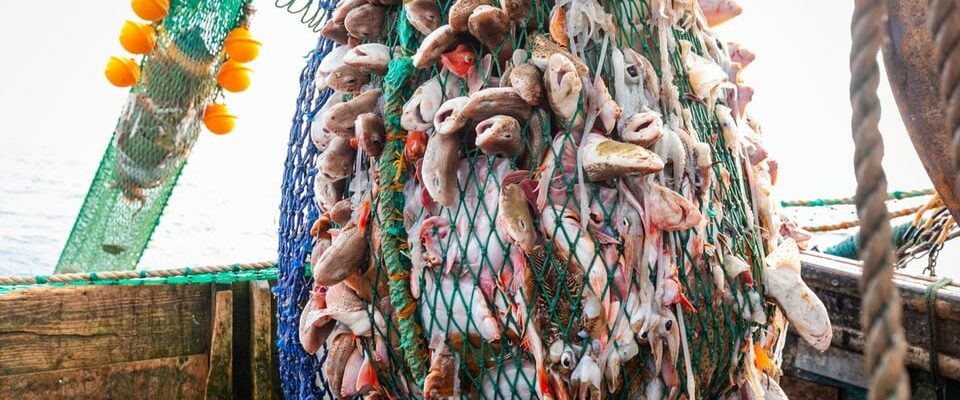Contents
There is actually unity among the 164 states. But the devil is in the details of the agreement.
More and more fishermen around the world are complaining about empty or almost empty fishing nets. Because fish stocks are not doing well in many places.
More than 30 percent of the world’s fish stocks are overfished and 60 percent are exploited to their maximum.
Climate change is affecting fish, but the main problem is clearly overfishing of the seas, as Rüdiger Voss, fisheries biologist at the University of Leipzig, emphasizes: “More than 30 percent of the world’s fish stocks are overfished, 60 percent are used to their maximum.”
Subsidies promote overfishing
Overfishing is also promoted by subsidies that many countries pay to their fishermen and fishing companies. Fuel subsidies, for example, are particularly harmful, says Voss.
This means that ships can approach and fish in ever more distant areas, and thanks to the cheap fuel it is also possible to tow larger and heavier trawl nets.
So far it has not been possible to generally abolish such subsidies – the resistance from individual fishing nations is too great. But at least the members of the World Trade Organization (WTO) agreed in Geneva in 2022 to end subsidies for the most problematic forms of fishing.
A first step has been taken
The fisheries agreement prohibits subsidies to fishermen if they fish illegally or if the fish they are looking for are severely overfished, says Tristan Irschlinger from the International Institute for Sustainable Development think tank in Geneva. Unregulated fishing on the high seas should also no longer be subsidized.
Legend:
Full fishing net – the dream of every fisherman on the world’s oceans. But many areas and species are overfished or close to it. That’s why the WTO wants to ban harmful practices that increase overfishing.
Keystone / Vickie Flores
These measures are a first step. But according to experts, they are not enough to solve the problem of overfishing. Because the bans only take effect when overfishing has already progressed significantly.
The WTO member states therefore agreed to continue negotiating the issue. An agreement is to be passed at the ministerial conference in Abu Dhabi next week that gets to the root of the problem.
The details are still being debated
“The aim is to eliminate the main drivers of overfishing,” emphasizes Irschlinger. Specifically, subsidies that contribute to overfishing should be banned or restricted. These include fuel subsidies or subsidies to finance larger ships.
There seems to be agreement in principle. But the devil is in the details. There is still a debate about exceptions, transition periods and reporting requirements. It is therefore still unclear whether the 164 WTO member states can actually agree on further measures.
Delays in ratification
What’s more: The celebrated fisheries agreement of 2022 is not yet in force. So far it has not been possible to get the necessary 109 signatures. But that is not due to a lack of will on the part of the states, says Irschlinger.
“Some countries are waiting and seeing whether further rules will be decided next week so that they can then ratify the entire package of measures in one go.” For others, the domestic political process simply takes a long time.
Of course, this is of little help in protecting global fish stocks.
